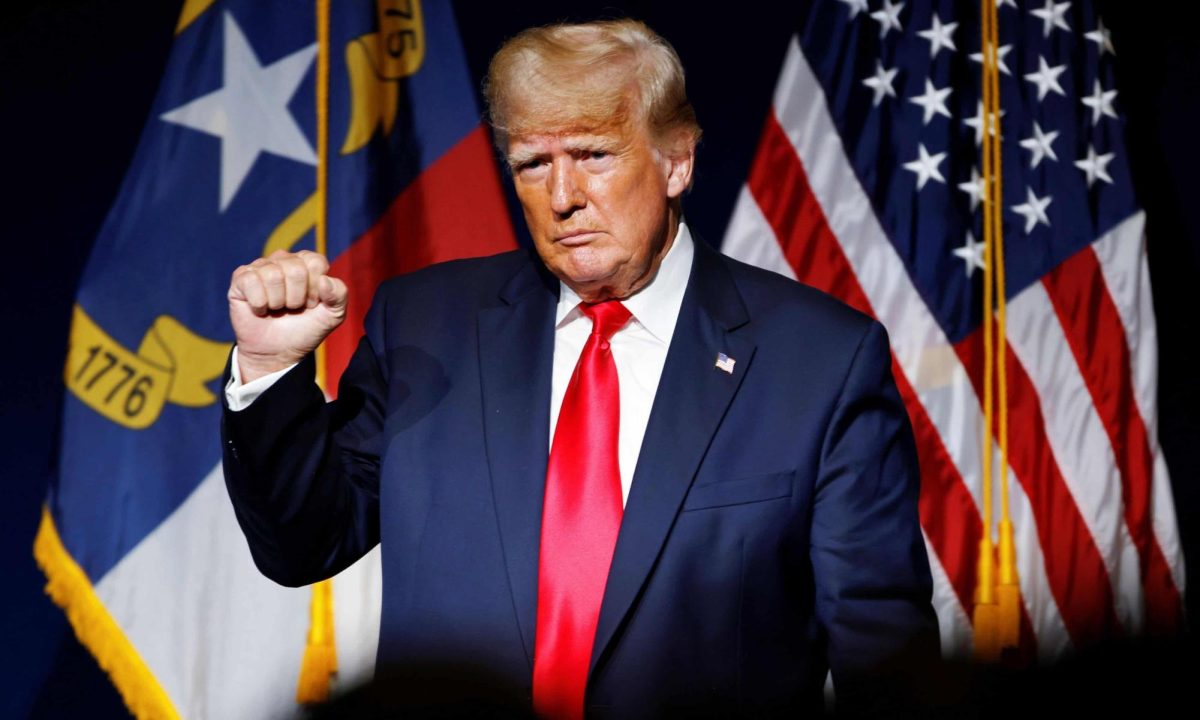FDA Indicates COVID-19 Vaccine Is at Least Two Months Away

October 7, 2020
As we all count down the days to be over COVID-19, the FDA recently announced the newest COVID-19 trial vaccine requires two months of examination before approval. This will pull the supposed-approval day to just past the election
Many companies, like Pfizer Inc, Moderna Inc, and AstraZeneca Plc, are seeking an accelerated FDA approval, but the FDA stands by their commitment to protecting the people of America from potentially dangerous vaccines. But is two months enough to understand possibly lifelong side effects?
On October 6th, Stephen Hahn, M.D., FDA Commissioner, and Peter Marks, M.D., Ph.D., Director, Center for Biologics Evaluation and Research, explain, “We are committed to expediting the development of COVID-19 vaccines, but not at the expense of sound science and decision making. We will not jeopardize the public’s trust in our science-based, independent review of these or any vaccines. There’s too much at stake.”
The FDA’s has created new guidelines on emergency use authorization of COVID-19 vaccines, which goes into specific detail on their process of understanding the possible effects of potential substances. They use scientific data to dictate their support of any emergency use authorization.
The White House, however, is trying to accelerate the FDA’s approval, like the other companies. The Trump administration is looking to ‘block’ the FDA’s approval guidelines. According to the FDA, those injected with the trial vaccine must be followed for at least two months before approval.
When asked about his potential decision about the vaccine, Trump responded, “That sounds like a political move. Because when you have Pfizer, Johnson & Johnson, Moderna, these great companies, coming up with the vaccines, and they’ve done testing and everything else, I’m saying why would they have to be adding great length to the process.”
“People in the White House don’t specialize in virology and have different goals than the FDA, which makes their motives for expanding vaccine approval suspicious,” said Junior Daryna Yushchenko.”If there is an established agency that deals with health, ignoring their regulation seems risky. We don’t see the FDA trying to expand their right on passing legislation.”
“I would not [trust a vaccine without FDA approval] because I think there would be a reason the FDA didn’t approve it,” said Junior Tyler Sirot. “The White House has a reason to release a vaccine ASAP because it would benefit them politically if it worked well. I trust the FDA more because they have more knowledge about vaccines in general.”
While major companies, the FDA, and the Trump administration fight this out, Tedros Adhanom Ghebreyesus, the chief of the World Health Organisation, insists “There is hope that by the end of this year we may have a vaccine. There is hope.”






